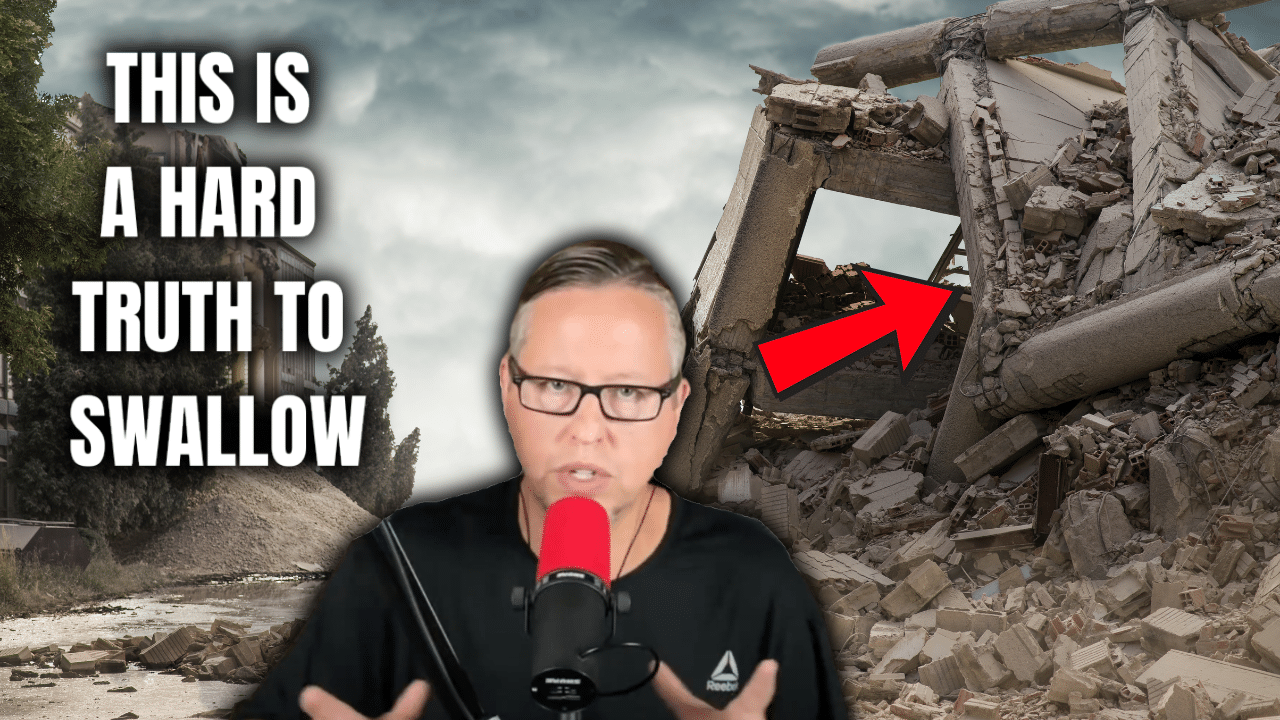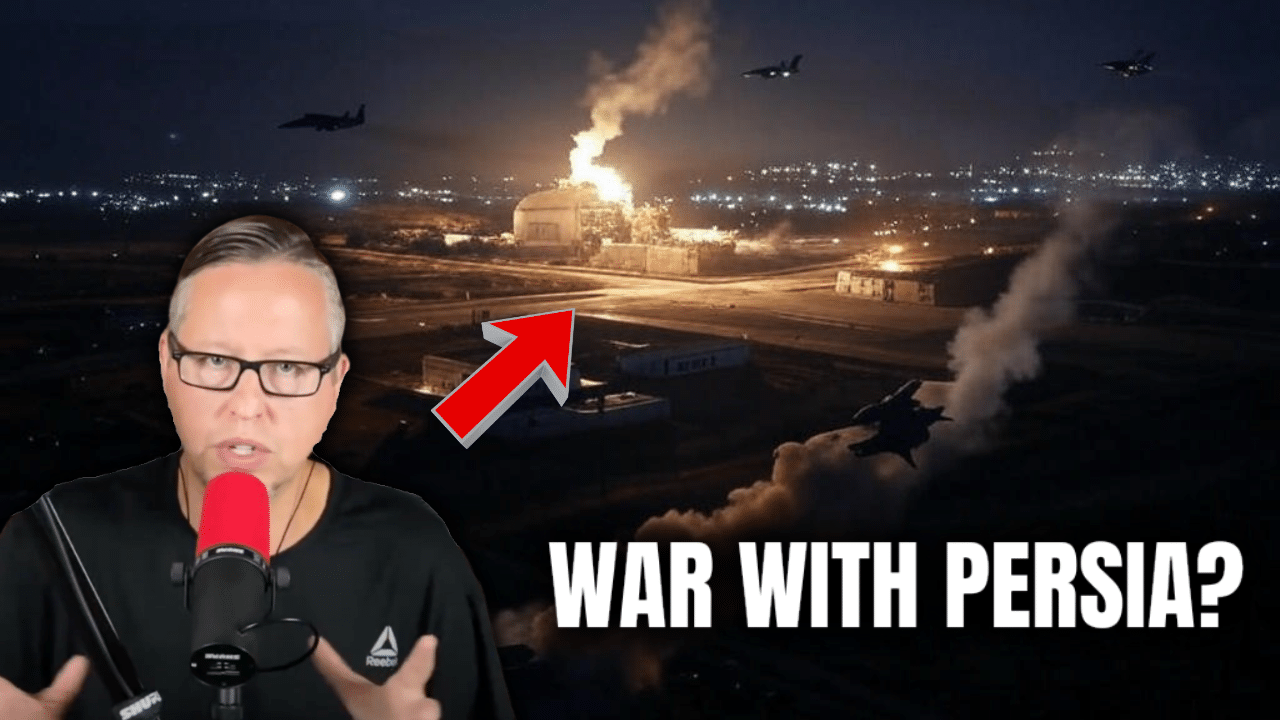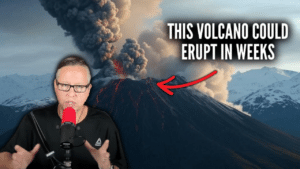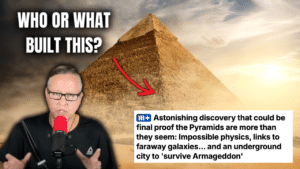U.S. President Donald Trump has revealed that he is actively pursuing negotiations with Iran to secure a new nuclear deal, marking a potential pivot from his previous hardline stance toward the Islamic Republic.
On Friday, Trump disclosed that he sent a letter to Iranian leadership earlier this week, urging them to come to the negotiating table to prevent Tehran from acquiring nuclear weapons—a prospect he insists must be avoided at all costs.
This development, signals a willingness to blend diplomacy with his administration’s ongoing “maximum pressure” campaign, raising both hope and skepticism in international circles.
According to Reuters, Trump confirmed his outreach in an interview with Fox Business Network, stating, “I said I hope you’re going to negotiate, because it’s going to be a lot better for Iran.”
He emphasized that the alternative—military action—would be far less desirable, noting, “The other alternative is we have to do something, because you can’t let another nuclear weapon.”
The letter, reportedly addressed to Iran’s Supreme Leader Ayatollah Ali Khamenei, was sent on Wednesday, though Iran’s mission to the United Nations indicated on Friday that it had not yet received it.
Iran’s foreign ministry has not immediately responded, leaving the next steps uncertain as the weekend unfolds in Tehran.
The New York Times corroborated this account, highlighting the sharp departure from Trump’s first term, during which he withdrew the U.S. from the 2015 Joint Comprehensive Plan of Action (JCPOA) in 2018—a move that unraveled a cornerstone of Barack Obama’s foreign policy.
The Times noted Trump’s comments in the Fox Business interview, where he framed the outreach as a pragmatic choice: “There are two ways Iran can be handled: militarily, or you make a deal.
I would prefer to make a deal, because I’m not looking to hurt Iran.” This softer tone contrasts with his earlier rhetoric, when he labeled the JCPOA “the worst deal ever” and imposed crippling sanctions to isolate Tehran.
Fox News reported that Trump’s push for a “verified nuclear peace agreement” builds on statements he made earlier in February, when he wrote on Truth Social, “I would much prefer a Verified Nuclear Peace Agreement, which will let Iran peacefully grow and prosper.”
This vision, he suggested, could culminate in a “big Middle East Celebration” upon signing—a characteristically grandiose flourish.
Yet, Fox also underscored the tension in Trump’s dual-track approach: just last month, he reinstated his “maximum pressure” strategy, aiming to drive Iran’s oil exports to zero, a policy that has deepened economic strife in the country.
The New York Post added further detail, reporting that Trump fired off the letter on Thursday—though he later clarified it was Wednesday—and expressed optimism that Iran’s leaders “want to get that letter.”
He told Fox Business, “I think they want to negotiate,” while warning that failure to engage could force a more drastic response.
The Post emphasized Trump’s framing of the deal as a win-win, quoting him as saying it would be “a lot better for Iran” and allow the nation to avoid military confrontation.
This diplomatic overture comes amid heightened regional tensions and growing Western concerns over Iran’s nuclear ambitions.
Reuters noted that the West fears Iran is “rapidly nearing the capability to make atomic weapons,” a sentiment echoed by U.S. officials who estimate Tehran could be weeks away from producing enough fissile material for a bomb, though assembling a functional device might take months longer.
The New York Times reported in December that Iran’s nuclear program has become “more exposed and vulnerable,” potentially increasing pressure on Tehran to negotiate—or risk Israeli or U.S. military action.
Iran’s response, however, remains guarded. CNN reported earlier this month that Supreme Leader Ayatollah Ali Khamenei dismissed talks with the U.S. as “not smart, wise, or honorable,” citing Trump’s 2018 withdrawal from the JCPOA.
Yet, Iran’s reformist President Masoud Pezeshkian has signaled openness to dialogue, telling reporters in February that he seeks global reconciliation—a stance that could align with Trump’s offer if internal politics allow.
The international community is watching closely. Reuters highlighted Russia’s offer to mediate, with Deputy Foreign Minister Sergei Ryabkov discussing the matter with Iran’s ambassador this week.
Meanwhile, Saudi Arabia, per CNN, is reportedly exploring a role as a diplomatic bridge, leveraging its ties with Trump to avert a nuclear-armed Iran that could destabilize the region further.
Trump’s latest move has sparked debate over its feasibility.
The New York Times quoted analysts suggesting that “coercive diplomacy” might force Tehran to choose between a negotiated disarmament or a forced one, but Iran’s history of resilience under sanctions casts doubt on its willingness to bend.
As Fox News noted, Trump remains adamant that any deal must ensure Iran “cannot have a nuclear weapon,” a red line he reiterated across multiple platforms.
As of March 7, 2025, the world awaits Iran’s next move.
Whether Trump’s letter heralds a breakthrough or merely another chapter in the U.S.-Iran saga remains to be seen. For now, the president’s blend of olive branch and iron fist keeps the prospect of a nuclear deal alive—if only just.








